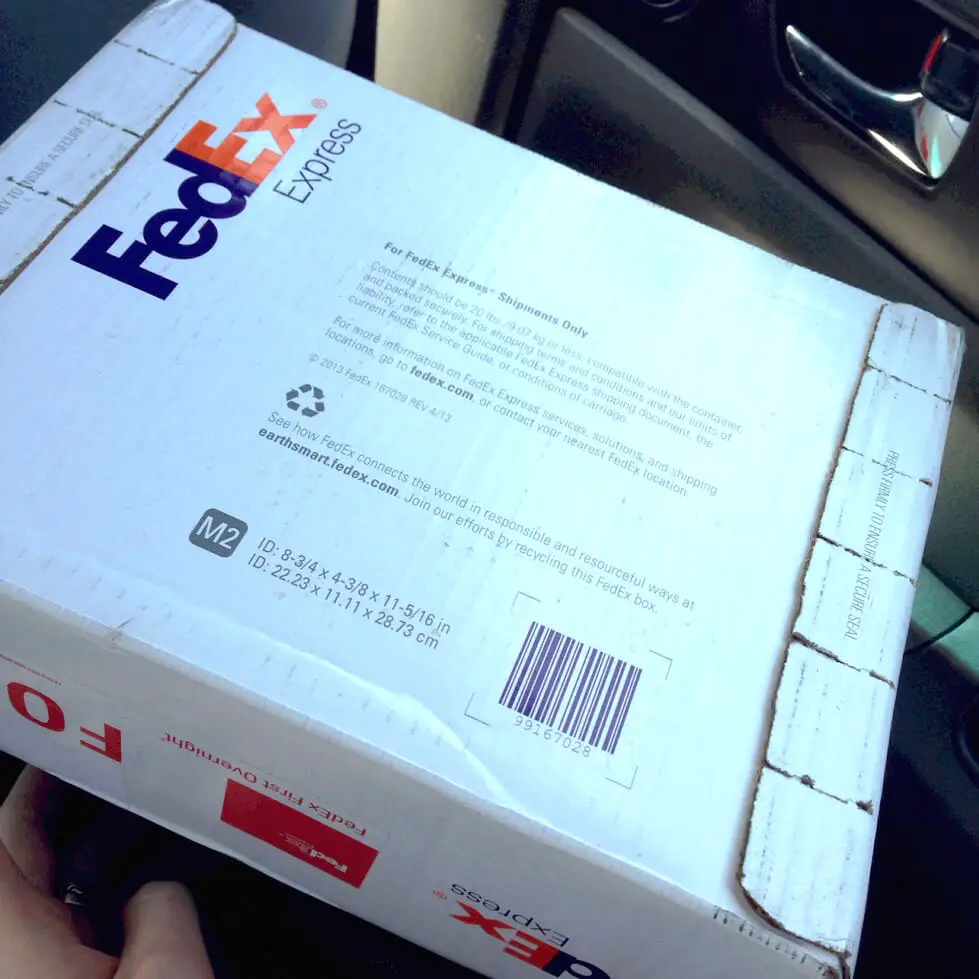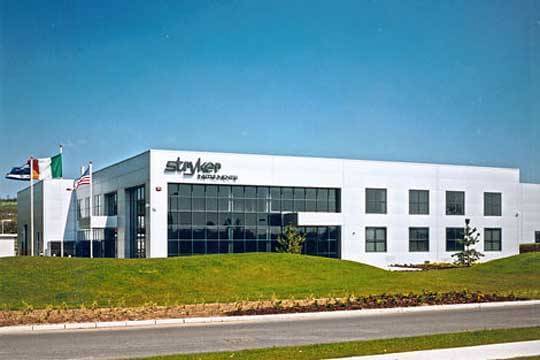FedEx Mission and Vision Statement Analysis

FedEx’s mission statement is “FedEx Corporation will produce superior financial returns for its shareowners by providing high value-added logistics, transportation, and related business services through focused operating companies.” It outlines the major projections and activities that the company seeks to implement to satisfy the needs of its clients. The statement also defines its area of operations and the projected objectives. The following components relate to this mission statement:
- Improvement of life. FedEx clearly outlines that it is all about making life easier and more gratifying. The company does this by being a dependable partner in linking customers with their goods and services. And it does not stop there. FedEx demonstrates that it does more than merely shipping through its corporate social responsibilities that add to its mandate of improving the lives of people everywhere it operates.
- Easy transportation. When it comes to logistical prowess, FedEx has set itself apart with its dependable, fast and efficient transportation mechanisms. As if that is not enough, the company ensures that the clients are part of the entire courier service by giving them the capability to track their goods in real-time through its tracking system.
- Superior financial returns. In this component, the company lays emphasis that it offers attractive financial packages for all stakeholders involved, and this is not limited to the investors. By offering competitive prices for its services, FedEx ensures that even its customer base benefits from this element in its mission statement.
Introduction
FedEx is a leading courier company in the U.S whose reputation has been on the rise in the last decades. Recently, the firm has gained significant recognition for its efficiency and outstanding performance in what it does, and all these have been closely linked to its mission and vision statements. Essentially, the vision statement of a company indicates the intended achievements of a firm in a premeditated period of time. FedEx’s vision statement is all about the leadership role of the company when it comes to setting the pace in the courier services sector. In relation, the mission statement of a firm outlines the critical strategies or steps that would propel a company towards its business goals. In the case of FedEx, its mission statement emphasizes the major elements that the company considers central in the achievement of its primary objectives such as connecting people with what they need. In addition, core values are critical guiding principles in any company as they play a significant role in the flawless adherence of the workforce to the mission and vision. FedEx values such as flexibility, honesty, and value for money have positioned the company atop the others in the sector. The harmony characterizing all the elements distinguishes FedEx as a dependable and emulatable leader in the courier services sector.
Vision Statement
FedEx’s vision statement is “being a dynamic and progressive courier services firm that leverages of technology and impact the lives of all people.” The mission statement can be drawn from the various milestones set by the company giving a hint on the direction the firm wants to take and the achievements it targets in the future. The mission statement shows how the company values its customers by aligning its vision with its needs. The various elements that directly related to this vision statement include:
- Global impact. The activities of FedEx reveals that the company primary objective is to have a global reach where it traverses all corners of the world, linking people with its web of logistics. FedEx understands the needs of operating at a global level in this sector, and this is why it has a fully developed go worldwide system for all its clients.
- Leveraging on technology. FedEx’s vision statement shows that the company acknowledges the place of technology in the operations of modern businesses. In response, it integrates interactive business software in its system to ease the operations and improve efficiency experienced by its customers.
Core Values
FedEx core values comprise “flexibility, honesty, and value for money.” They are the principles that influence the achievements of its goals and objectives. The various components emerging from this statement include:
- Flexibility
- Honesty
- Value for money
FedEx recognizes the varied needs of its customers. In response to this, it promotes the presence of numerous courier options they can choose from. This component closely relates to the second one that demands that everything should be executed as per the recommended standards. Finally, the company emphasizes on services reflective of the importance placed on the clients by the company at all times.
References
- Chowdhury, S. (2014). Competitive analysis in the express industry of Bangladesh: whether existing service features are satisfying customers or not.
- David, F. R., David, F. R., & David, M. E. (2016). Benefits, characteristics, components, and examples of customer-oriented mission statements. International Journal of Business, Marketing, & Decision Science, 9(1).
- Desu, R. (2011). Customer Relationship Management Practices in the Ghanaian courier industry: A Case Study of Fedex Ghana Ltd (Doctoral dissertation).
- Dotzel, T., Shankar, V., & Berry, L. L. (2013). Service innovativeness and firm value. Journal of Marketing Research, 50(2), 259-276.
- FedEx – About.
- Gupta, R. K. (2013). Core competencies: Concepts and relevance. Prabandhan: Indian Journal of Management, 6(2), 48-54.
- Heiko, A., & Darkow, I. L. (2010). Scenarios for the logistics services industry: a Delphi-based analysis for 2025. International Journal of Production Economics, 127(1), 46-59.
- Ho, J. S. Y., Teik, D. O. L., Tiffany, F., Kok, L. F., & Teh, T. Y. (2012). Logistic service quality among courier services in Malaysia. International Journal of Trade, Economics and Finance, 3(4), 113-117.
- Murigi, K. C., & Ombui, K. Effects of Competitive Strategies on Customer Retention in G4s Security Services (K) Ltd.
- Ruiz, D. M., Gremler, D. D., Washburn, J. H., & Carrión, G. C. (2010). Reframing customer value in a service-based paradigm: An evaluation of a formative measure in a multi-industry, cross-cultural context. In Handbook of partial least squares (pp. 535-566). Springer, Berlin, Heidelberg.
- Valaei, N., Rezaei, S., & Shahijan, M. K. (2016). CouQual: assessing overall service quality in courier service industry and the moderating impact of age, gender and ethnicity. International Journal of Management Concepts and Philosophy, 9(2), 144-169.
Wang, M., Jie, F., & Abareshi, A. (2014). Mitigating supply chain uncertainty and risk through logistics innovation capability. In ANZAM 2014: Reshaping Management for Impact (pp. 1-15). Australian and New Zealand Academy of Management (ANZAM).











